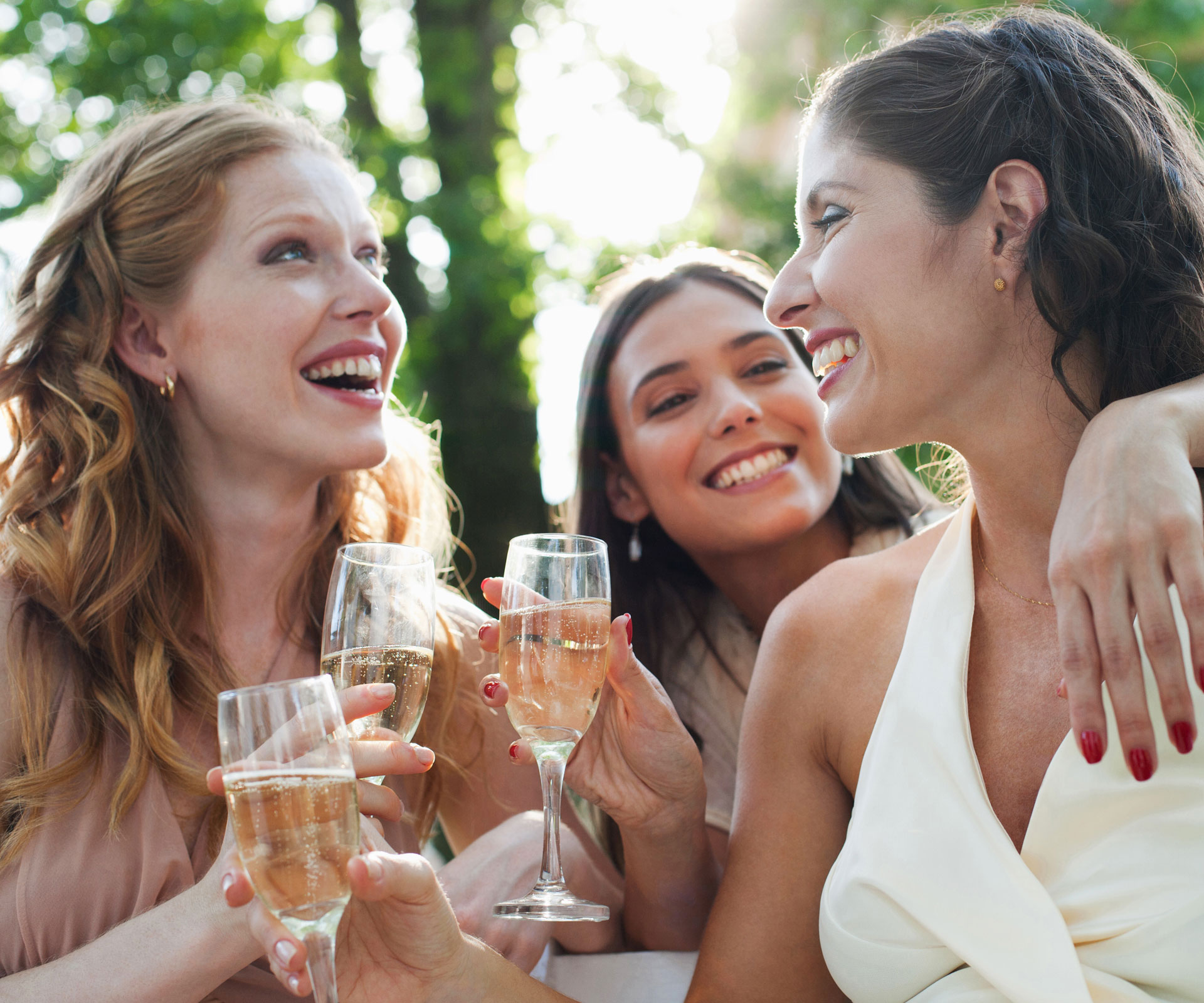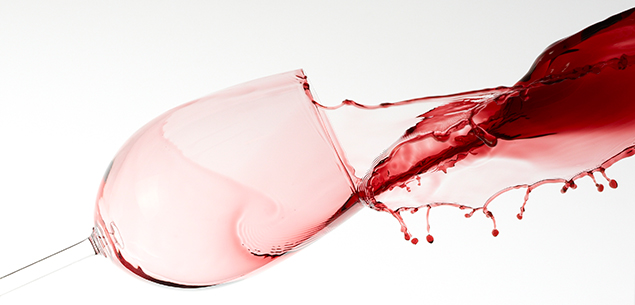The occasional glass of wine is good for us – but as we get older, the way we metabolise alcohol changes and this can mean that even smaller amounts can affect us in ways we might not expect.
Scroll down for video
Many of our body’s processes start to slow down as we age, and the speed at which we metabolise alcohol is affected.
“The liver isn’t as efficient as it was when you were young and so alcohol and its by-products stay in the system for longer,” says Dr Andrew Rochford, ambassador for DrinkWise.
“We also have less water in our system as we age and this concentrates alcohol levels,” he explains.
Here’s how alcohol affects your body as you get older.

It’s choc full of calories
After the age of 30 your metabolism slows down and the number of kilojoules required to maintain weight decreases so every kilojoule counts – and alcohol is full of them.
“A typical 150ml glass of wine contains 430kJ, which is more than a chocolate biscuit,“ says dietitian Alison McAleese from Australian healthy lifestyle campaign, LiveLighter.
“As metabolism declines, each alcoholic drink takes up more ‘room’ in the diet and this makes you more likely to gain weight from drinking as you age. I suggest you think of alcohol as a junk food – to be consumed occasionally in small amounts.”

It reddens the skin
When alcohol enters our system it dilates the blood vessels. As we get older these vessels weaken and lose the ability to shrink back again, causing a reddish, ruddy look to the skin.
“Alcohol can also trigger flare-ups of the skin condition rosacea which commonly develops between the ages of 30 and 50,” says Dr Michael Rich, head of the Enrich Clinic.
If you’re prone to flushing, limit alcohol intake, but also spicy foods and excessive heat as they can cause dilation too.
Lasers can treat veins that have already appeared. Alcohol is dehydrating so it can accentuate fine lines and wrinkles. Remember the ‘for every one drink have one glass of water’ rule.
It becomes an emotional prop
When we’re young we tend to use alcohol to hype us up, but Professor Michael Baigent from Beyondblue says older drinkers are more likely to use alcohol for its relaxing properties. This can be a good thing – the positive effect of alcohol against stress is one suggested reason why moderate drinkers live longer than teetotallers.
“But it’s easy to start to rely on alcohol to deal with stress and start to drink daily,” says Baigent. “The more we drink the more tolerant to alcohol we become – and the more we need to drink to feel the same level of relaxation.”
If you find yourself falling into the nightly chill-out chardonnay trap, simply stop keeping booze in the house.
“You’re more likely to drink it if it’s accessible,” says Baigent.
WATCH: The non-alcoholic drink recipe you need to try


